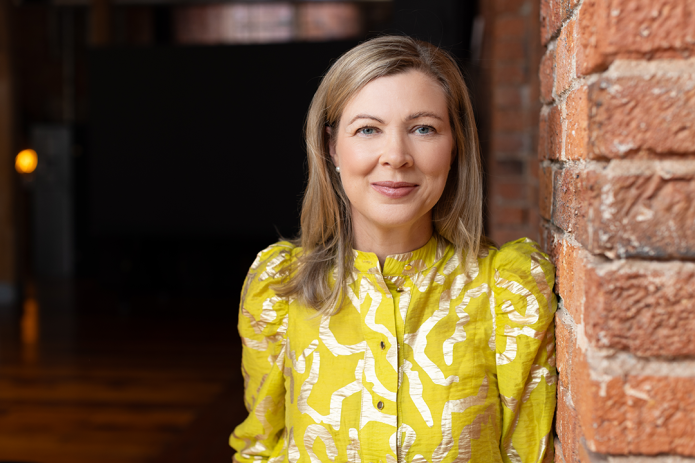PHOTO: RAWPIXEL
First increase in property prices across Aotearoa in more than a year
New Zealand’s property prices have recorded an increase for the first time in over a year according to Trade Me’s Property Price Index for January.
SPECIAL OFFER: Looking to advertise online but finding the ‘BIG BOYS” too expensive?
The national average asking price for a property in January was recorded at $876,250, up 0.7 per cent compared to the same time last year.
“While 0.7 per cent might seem small, it speaks volumes about a potential recovery of the property market in 2024. The last time we witnessed a year-on-year rise in the national average asking price was over a year ago, back in October 2022,” said Trade Me Property Sales Director, Gavin Loyd.
“We’ll know more next month if this trend continues, but these are encouraging signs, and with indications that inflation is starting to ease, there’s a possibility that interest rates could also drop this year, helping to boost confidence in the property market in 2024,” Lloyd added.
Regional areas help boost national prices
The increase in the average asking price was led by regional areas like the West Coast, which rose by 8 per cent to $480,250, Taranaki up 3.4 per cent to $682,600, and Otago which saw an increase of 3.1 per cent to $888,800.
When looking at the major urban centres prices in the Auckland and Wellington regions continue to decline year-on-year, however, this decline has slowed considerably since last month.
In the Auckland region, there was a decline of 2.2 per cent, bringing the average asking price to $1,072,350. Meanwhile, the Wellington region saw a decrease of 1.7 per cent, with the asking price in the capital now at $845,800.
“In these populated regions, house prices have declined year on year; however, the pace of this decline slowed in February and they’ve bounced back since their lowest in August 2023. Over the last six months, we’ve observed this decrease reducing from around 10 per cent to five per cent, specifically in the Auckland region. If this trend persists, we may witness asking prices beginning to show positive movement in the coming months,” Lloyd said.
Record highs for Christchurch properties
Turning to city centres now, while house prices in the North Island regions are still experiencing declines, Christchurch city has observed record highs across properties with 1-4 bedrooms.
Properties with 1-2 bedrooms now boast an average asking price of $544,200, marking a 2.6 per cent increase compared to the previous year, while 3-4 bedroom properties have risen by 3.1 per cent to $775,150.
All property sizes in Wellington city witnessed a decline, with properties featuring over five bedrooms dropping significantly by 12.6 per cent to $1,314,850.
“In Tāmaki Makaurau, properties with more than 5 bedrooms surged by 14.1 per cent, driving the average asking price just above three million dollars. Additionally, there was an uptick of 3.2 per cent in 3-4 bedroom properties, pushing the average price to $1,609,800. These figures solidify Auckland’s position as the city (as opposed to the region) with the highest increase in average asking price, rising by 4.2 per cent,” Lloyd highlighted.
Demand increases again in February
Interest in properties on the market surged once more, showing a significant 14 per cent increase in February compared to January. The Hawkes Bay (44%) recorded the most substantial spike in demand, likely due to the cyclone last year which impacted the region, said Lloyd.
“We saw a big increase in buyer activity last month, so it’s good news that interest in the market is still growing in the early months of this year. Now that people who own rental properties can get tax deductions on their mortgage interest, it might encourage more investors to get back into the market,” Lloyd explained
There are also indications housing supply across the country has also gone up with a nine per cent increase in the number of listings available on Trade Me compared to February 2023.












